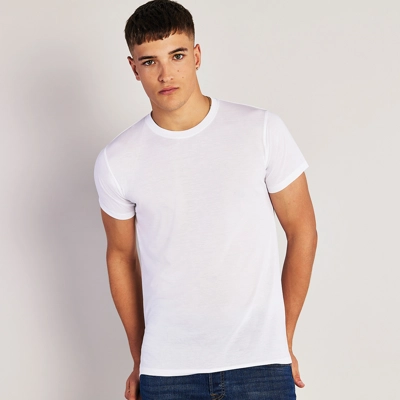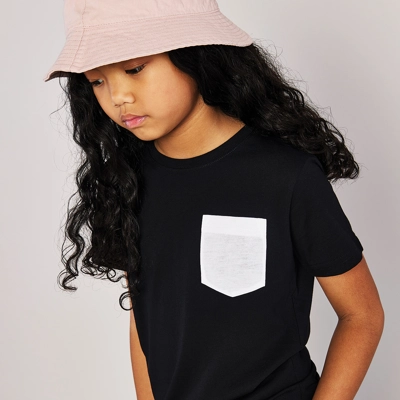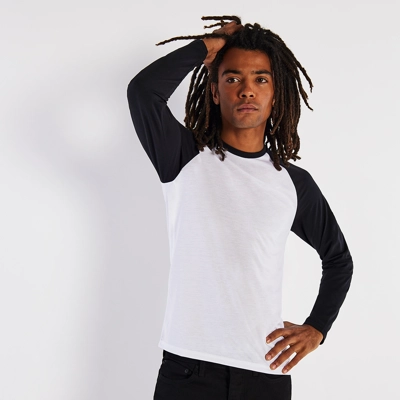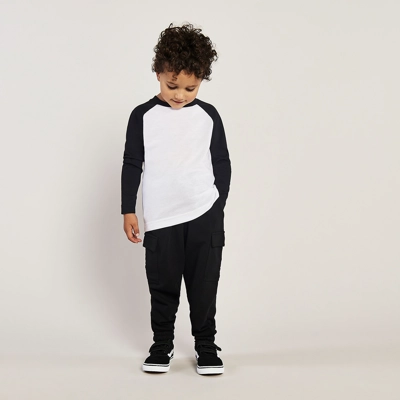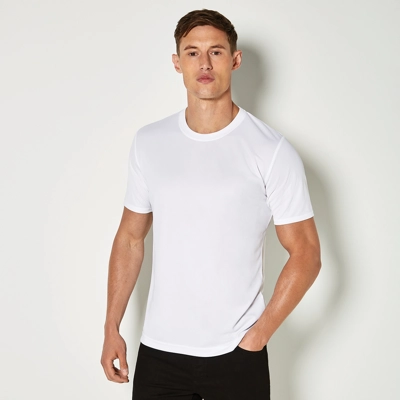
How to Sublimate Tees
If you're looking to produce personalised tees with more complicated designs, sublimation could be the perfect method for you. Take a look at our guide to sublimating below...
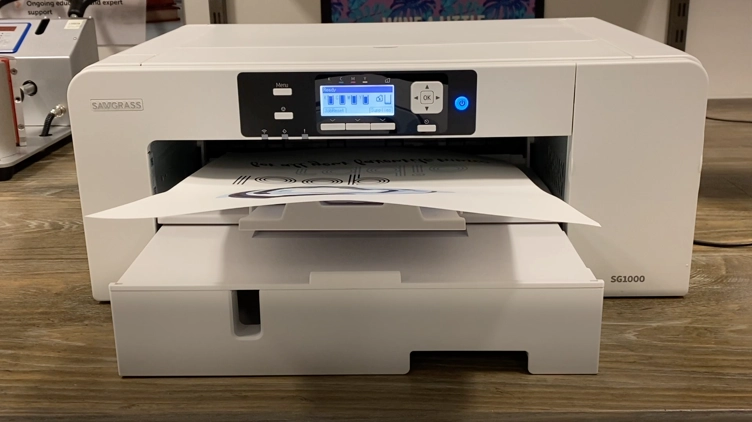
1. Using a sublimation printer and paper, print your design in mirror.
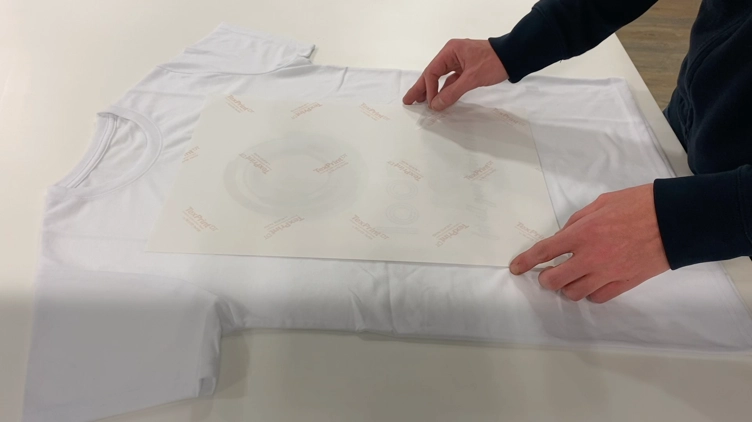
2. Position the print face down onto the polyester t-shirt and secure in place with heat tape.
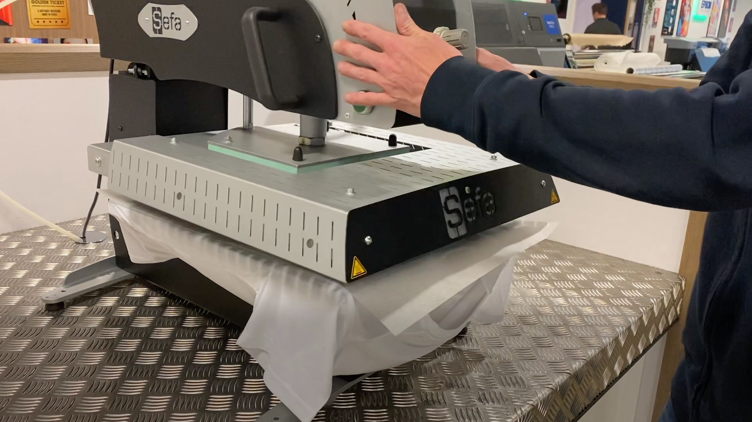
3. Carefully thread the garment onto the heat press, cover with a silicone sheet and press at 190°C for 60-70 seconds.
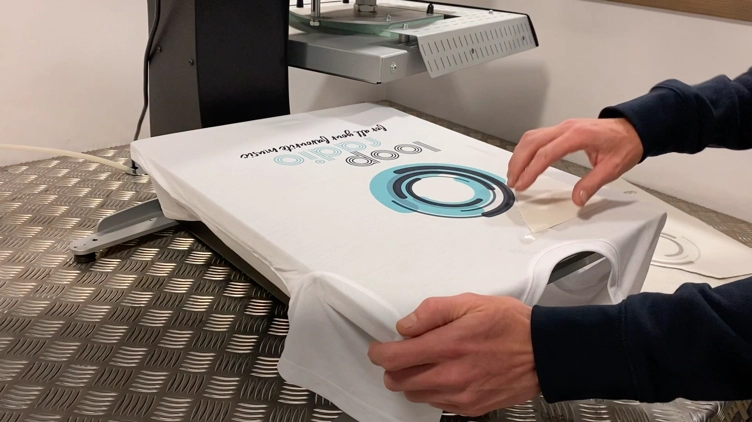
4. Once pressed, remove the silicone sheet and peel whilst hot.

5. Your tee is complete.
Speedy and efficient
Ideal for smaller batch orders
Excellent results with more complicated designs, giving you more freedom
Allows you to choose a design that can cover the vast majority of your product
Designs don’t crack, peel or fade
1. What can I sublimate onto?
Garments with a polyester or a polyester mix fabric or various blanks with a special polymer coating (such as our mugs and coasters).
2. What equipment is required for sublimation?
- Heat press (for mugs, a specific mug press is required)
- Computer or tablet for designing
3. Why can’t I sublimate on dark garments?
It isn't possible to sublimate on dark coloured garments because there is no white sublimation ink.
4. Why does the image on my screen differ to the final printed result?
It is entirely possible for a print from a sublimation printer to look different to the image on your computer screen. This is because sublimation inks often change colour during the heat pressing process. As the ink reacts when it is heated, it sometimes becomes brighter and more vibrant than the image printed on the sublimation paper. We would highly recommend that, during your testing stage, you heat press the image on to a product to see the final result before beginning a batch order.
5. Can I use an iron instead of a heat press?
No. You need a continuous, even heat and pressure to be applied simultaneously to the entire surface area. This can only be effectively achieved using a heat press.
